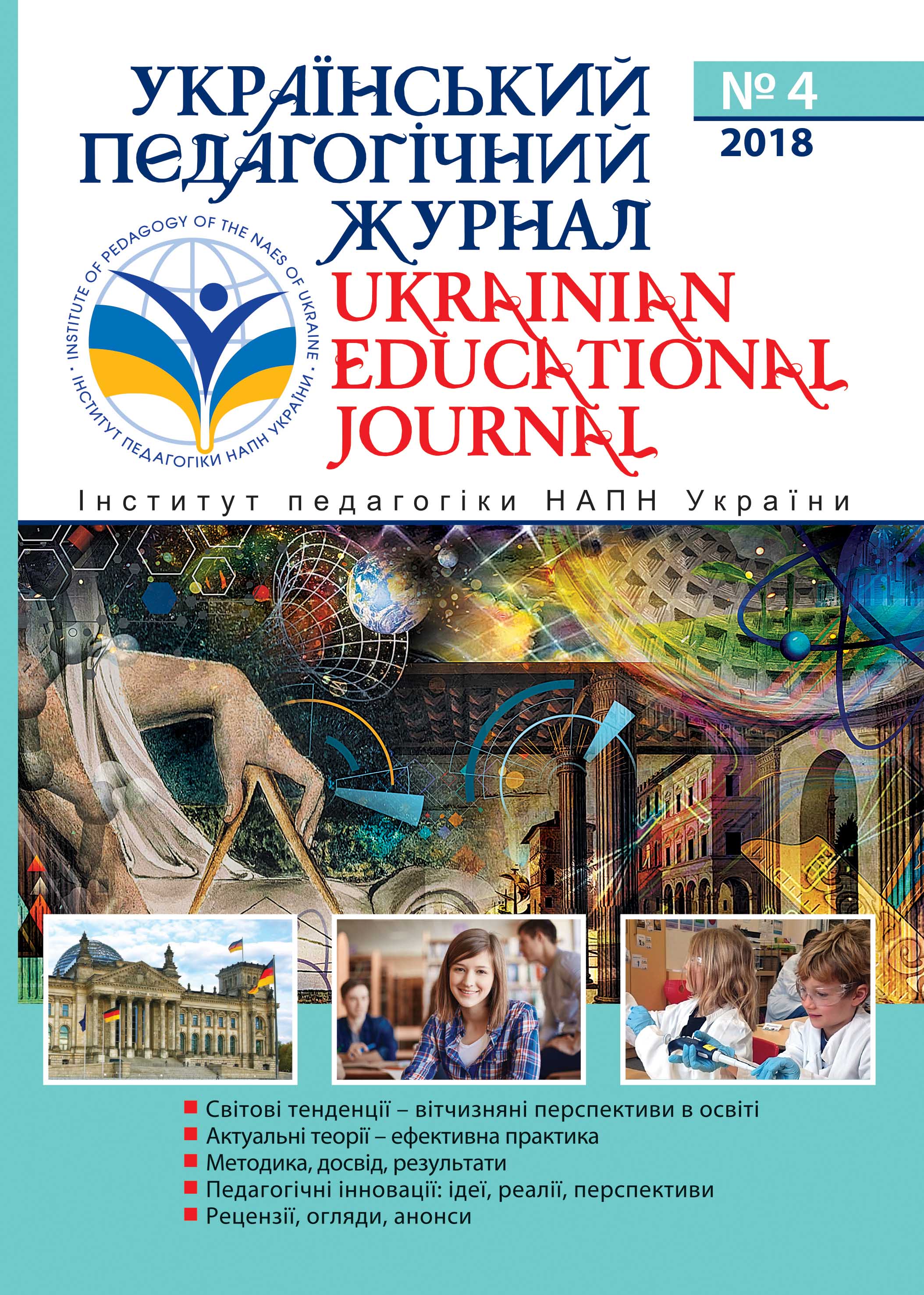Abstract
The article covers the integration of the civic areas of study within the general education curriculum in American higher educational institutions in preparing citizens for participation in both the democratic society and the larger community. Civic education as an integral part of the US general education of undergraduate students is implemented through: courses on civic knowledge, courses on moral and ethical development, diversity courses, and service-learning. The US scholars focus on the fact that now is the time for higher education to be both responsible and responsive to society at large, a voice of what is good and worthy within current economic, political, social, and cultural contexts. Today’s higher education is supposed to reinvest in longstanding commitments to collaborate with society in preparing students to become effective citizens. It is emphasized that civic values development promotes and supports the American ideal of civic equality, ensuring every citizen, regardless of their origin, instruments that help them become a full participant and creator of public life. Civic education in the course of general education in the US higher education institutions instills in undergraduate students the essential values of democracy embodied with a high sense of responsibility and active engagement in issues of the society and community as well. Civic education bridging classroom activities with the community prepares students to carry out their roles as citizens. In the curricula of the US higher educational establishments knowledge component is defined through what the learner should comprehend (a set of skills and abilities that give students the opportunity to apply the obtained knowledge in practice, enrich learners’ cognitive life, develop logical, communicative, and collaborative skills, and improve their social life). Students acquire knowledge about the principles and values of democracy, knowledge about other governance systems (monarchy, oligarchy), understanding about the concept of constitutionality (rule of majority, protection of minority rights, system of checks and balanced, importance of legitimate authorities). Civic education gets students ready for work in a challenging economic environment with developing the critical skills they will need to build a new and more vibrant democratic society. And the US colleges and universities do not only educate students for responsible citizenship but also act as leaders in their local and global communities

This work is licensed under a Creative Commons Attribution-NonCommercial-ShareAlike 4.0 International License.

